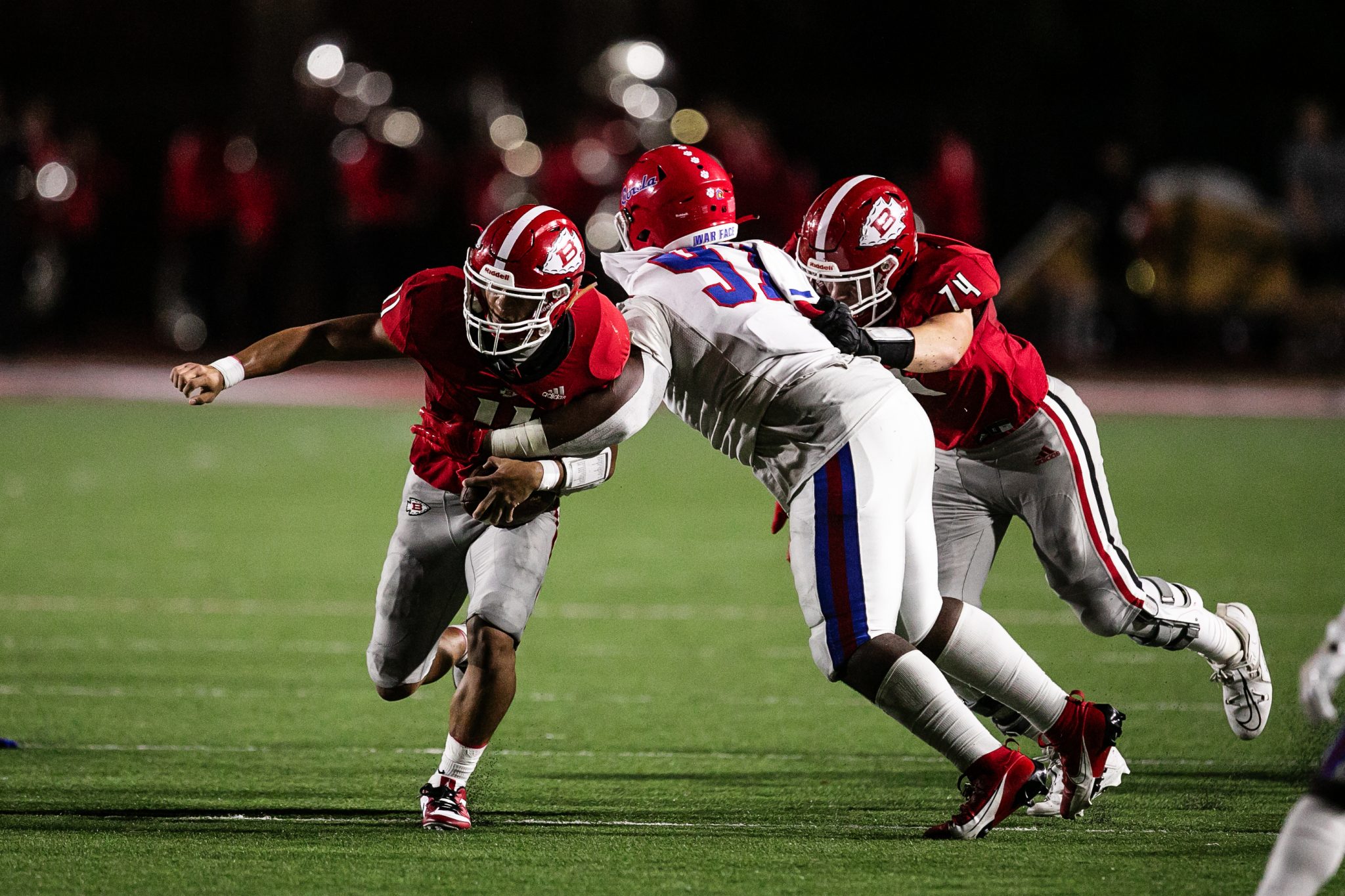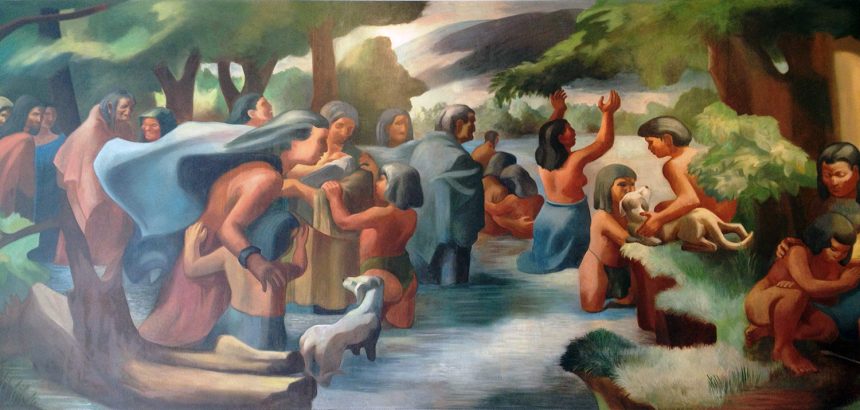The legend of the Singing River tells a poignant story of love, betrayal and tragedy between the Biloxi and Pascagoula Indian tribes, steeped in deep emotions and a haunting melody.
Anola, a beautiful princess of the Biloxi Tribe, was engaged to a powerful chieftain of her tribe. Yet her heart was drawn to Altama, the chief of the smaller Pascagoula Tribe. Defying her engagement, Anola and Altama eloped, seeking freedom and love away from the expectations of their tribes.
When Altama learned of Anola’s disappearance, his anger was fierce. Humiliated and betrayed, he rallied his warriors and marched against the Pascagoula, determined to reclaim his honor and his bride. The larger Biloxi Tribe prepared for battle, confident they would easily overwhelm the Pascagoula.
Outnumbered and fearful of enslavement, the Pascagoula faced dire circumstances. In an act of defiance and unity, they joined hands and walked into the Pascagoula River, singing a haunting death song—a melody that spoke of their love, loss and the beauty of their shared life. As they waded deeper, their voices rose in harmony, echoing the pain of their situation.
When the Biloxi warriors approached, they paused at the riverbank, entranced by the sorrowful song that drifted across the water. The Pascagoula Tribe’s death song intertwined with the flowing river, creating an ethereal sound that resonated through the valley.
From that day forward, the river was known as the Singing River, a testament to the love and sacrifice of those who had walked into its depths. The haunting melody of the death song was said to still be heard at night, reminding all who listened of the deep connections that bind people together, even in tragedy.
This legend became a powerful story passed down through generations, symbolizing the consequences of conflict and the enduring nature of love and memory. The Singing River served as a reminder that unity and understanding are far more powerful than the forces that seek to divide.
The Legacy of the Biloxi Tribe
After the decline of the Pascagoula Tribe, the Biloxi Tribe continued to thrive in the Pascagoula River region. Their strong cultural traditions and deep connection to the land allowed them to flourish despite numerous challenges.
For many years, the Biloxi people relied on the river’s abundant resources, engaging in fishing, hunting and agriculture. They built a vibrant community rich in traditions and social bonds.
However, the arrival of European settlers in coastal Mississippi dramatically changed the landscape. Increased competition for resources and land led to tensions and conflicts, and over time, these pressures became untenable for the Biloxi Tribe.
Ultimately, they were forced to relocate west into Louisiana, seeking refuge and a chance to preserve their way of life. This migration marked a significant transition as they adapted to new environments while upholding their cultural heritage.
Despite these challenges, the Biloxi Tribe’s resilience ensured that their stories and identity would endure.
The modern rivalry

In 1922, a new rivalry emerged. It was between the cities of Pascagoula and Biloxi, honoring the Native tribes that once inhabited the region. This time, the battleground was the football field, as local high schools began competing fiercely. Over the years, this rivalry has grown, becoming a cherished tradition in both communities.
As of now, the two teams have faced off a total of 99 times, with Pascagoula holding a slight edge:
- Pascagoula has won: 51 games
- Biloxi has won: 44 games
- Tie games: 4
This competitive spirit has fueled local pride and community support, making each game a highly anticipated event. The legacy of the original tribes lives on through this spirited athletic contest, connecting the past with the present in a unique and meaningful way.
Upcoming game: The 100th
The Pascagoula Panthers will host the Biloxi Indians on Friday night at War Memorial Stadium. It will be the 100th meeting in the rivalry.
Key takeaways
- The Biloxi Indians won the historical battle against the Pascagoula Indians.
- The Pascagoula Indians got the girl in the legend.
- The Pascagoula Panthers lead the ongoing battle on the football field, but Biloxi seeks to win this milestone game on Pascagoula’s turf, reminiscent of its tribe’s past.
The irony of this game being played in a stadium named in honor of wartime sacrifices adds depth to the rivalry, intertwining history with present-day competition.










